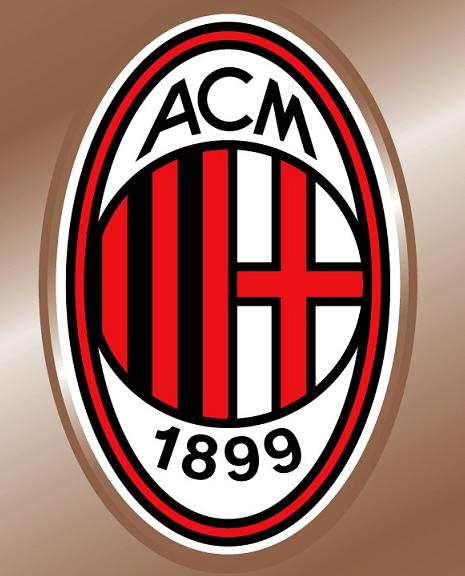MACTEPsporta wrote:RobVarak wrote: Italy's recent two-party system is a hybrid jury-rigged by Berlusconi. Historically it's always been a multi-party f***. How is India "not a true democracy?" Is the UK not a successful democracy? Many African countries are democracies as well. Your standards are a bit...vague.
India has a democratic government and has for a while, but it has failed, some would argue until recently, to make any significant impact on society. India's problems lie not within the fact that there are multiple parties, but with the fact that whatever the government, it has never been authority enough for the people. UK is as democratic as the constitutional monarchy can be (although since it doesn't have a constitution, some may argue it's just monarchy

), but it's a democracy and itss parliament is multi-party. I will need some names of those African countries but I can't recall any that have been a democracy for a long time, or have maintained the same government for any extended period of time.
You are right about Italy, but we are not talking how they got to be a two party system now, are we? And for reasons known only to select few, I refuse to say anything negative about Berlusconi.

Your analysis of the UK is incorrect on a number of points. The main one is that the UK is, to all intents and purposes a two-party system
at national level, mainly due to the use of the first-past-the-post voting system. The third party (the Liberals, who are reasonably close to the Democrats in basic outline) has only once held the balance of power in the last 30 years - the late 70's, which ended badly with that wretch Thatcher in power for 10 years. Before that, the last time that the Liberals held power in their own right was 1914, from memory.
At local level, the Liberals do actually control a fair number of local authorities, and in a great many areas the elections are a three-way fight - at least for the 40% or so who can be arsed to vote.
It could also be argued that a number of other countries have what is effectively a two-bloc system - Germany (SPD/Greens vs CDU/CSU, I think) and the ever changing-name French ones (basically incumbents team vs other team, unless the FN are involved).
I would also take some issue with the idea that India is not a true democracy. The size of the country means that they have ended up with a state govt and national govt model, but as far as being a democracy, there has never been any objection to that term being used to describe India's Govt.
As for not having a constitution, why write one down and be prescriptive? British parliamentary theory has evolved over a long period of time...the first major work was the Modus Tenendi Parliamentum, written in 1324 or thereabouts. Written constitutions can easily be subverted (viz Weimar Germany and the infamous 'clause 48'), or end up being changed and changed back (such as the US one).
As for Italy - Berlusconi is just a f**king crook, who has manipulated the law to avoid his inevitable imprisonment on corruption charges. He was also involved in the P2 masonic lodge scandal of the 80's, which inevitably links him to another member, Roberto Calvi, the infamous 'God's Banker' who was found hanging under a bridge in London, the suicide case being slightly damaged by the fact he would have found it almost impossible to have tied the knot.
"The players come from all over the world, the money from deep underneath the Persian Gulf, but, as another, older City poster campaign put it, this is their city. They may now exist in the global spotlight, but they intend to keep it that way."



